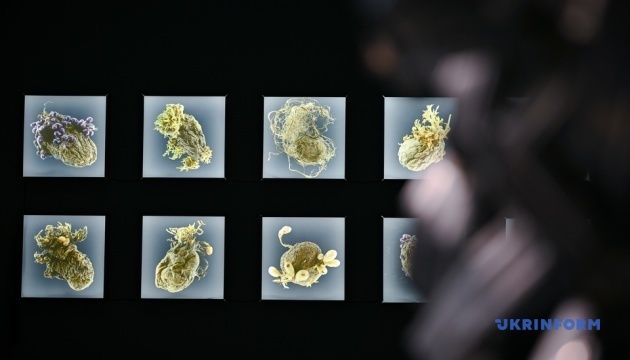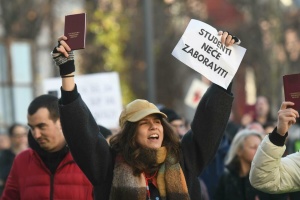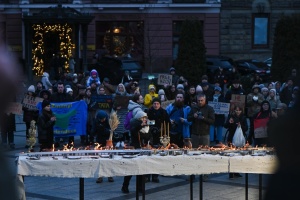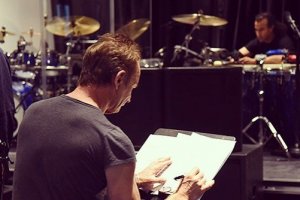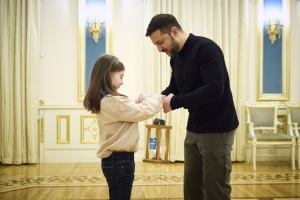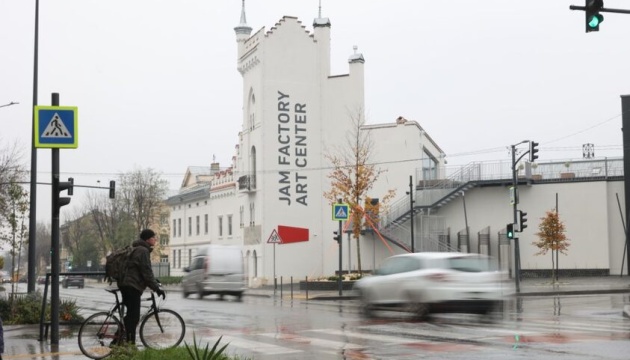
Jam Factory Art Center, largest contemporary art center, opens in Lviv
This was reported by the Lviv City Council, Ukrinform saw.
"The idea to establish a new cultural center in Lviv was conceived back in 2015, when philanthropist, cultural entrepreneur and historian Dr. Harald Binder decided to revitalize the former Jam Factory by establishing a contemporary art center in its premises. After in-depth research and preparation, Dr. Binder allocated significant funding for the further development of the project," the statement reads.

The Jam Factory building needed serious restoration work and the investors did everything to save every unique brick. It was also reinforced with modern elements.
"We wanted to open last year, but we couldn't do it because of the big war. But we are doing it now, because this is a unique project for Lviv and Ukraine in general. We don't want to be perceived as a museum or an exhibition hall, we want to be space for meeting, learning, discussing, and sharing experiences," said Harald Binder, founder of Jam Factory Art Center, the report reads.
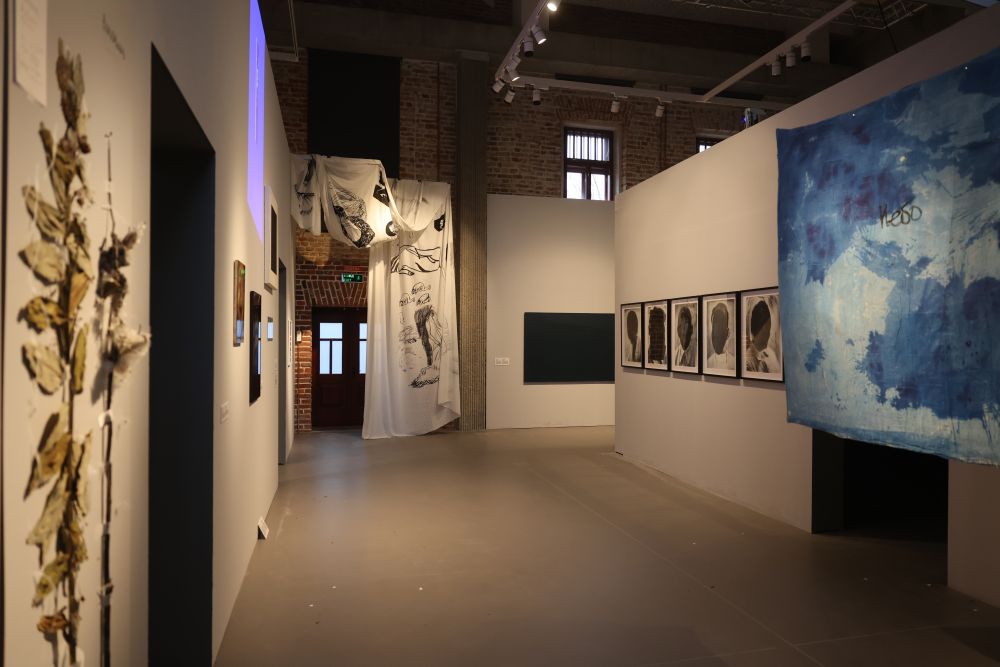
The complex consists of six separate spaces with an area of almost 3,500 square meters. The space has several special parts to it, including a theater for performative practices, numerous exhibition halls, some of which function in a solid bomb shelter, a parking lot with a solar-panel roof, a black cube serving as a multifunctional space for various events, Jam Cafe, and three terraces. A smart home system allows to control lights and sound from a tablet.
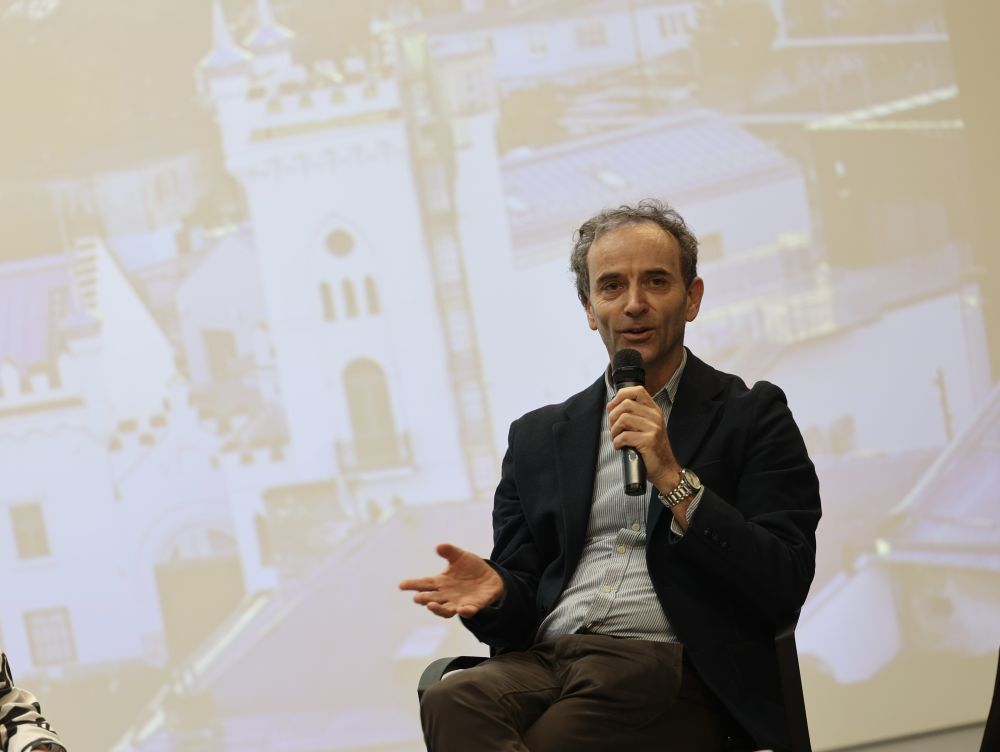
"We have been approaching this day for more than eight years. It was important for us to make this mentally remote area of the city (because many Lviv residents perceive the Pidzamche district as "somewhere behind the High Castle") a point of attraction for people. As far as I'm concerned, we succeeded," says Bozhena Pelenska, the project’s chief executive.
Memo. The Jam Factory building boasting a neo-Gothic facade has been registered as a landmark of local importance. It was erected in 1872 by order of the Jewish entrepreneur Joseph Kronik. During World War 2, the Kronik family died.
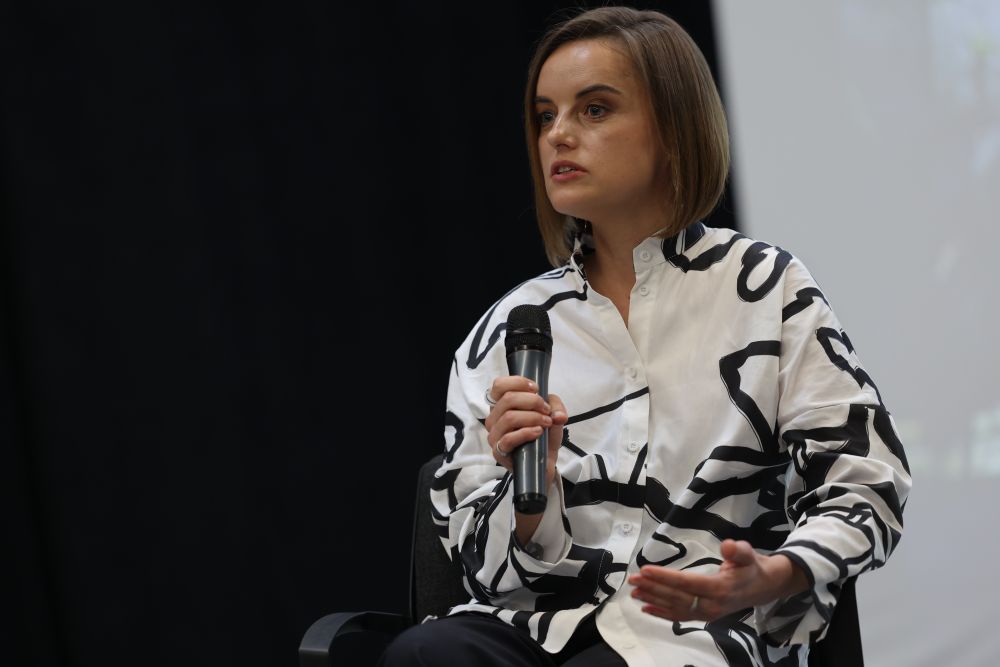
After the war, the factory imported wines from Moldova and other parts of the USSR before being transformed into a fruit and vegetable processing plant in 1970. The facility was shut down in the 1990s. Since 2008, the building has hosted various art events on a temporary basis.
Photo by Roman Baluk for the Lviv City Council

